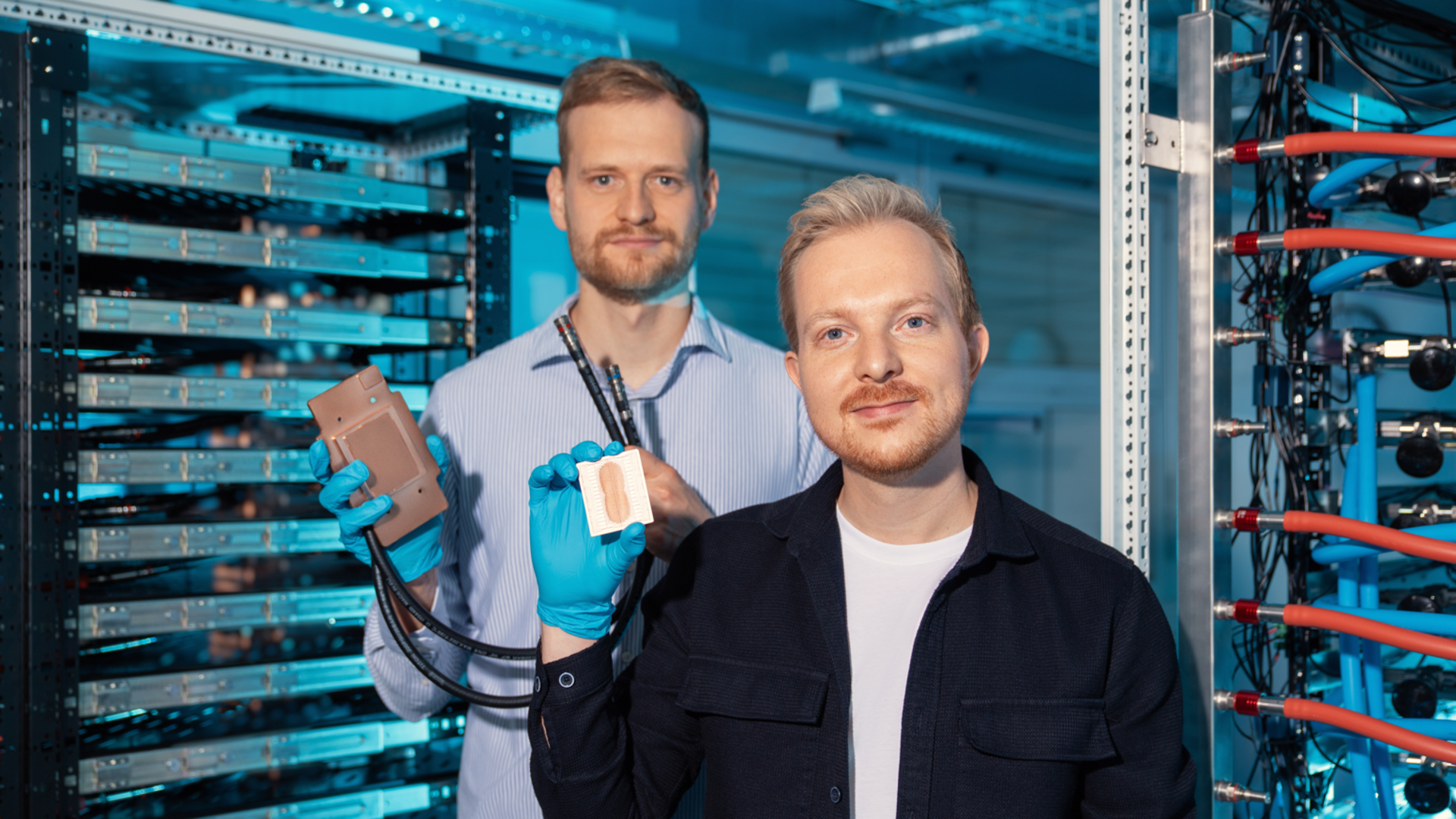'4kW is certainly possible, but it can go much higher': Microsoft-backed startup could dissipate 10kW GPUs, its founder confirms
Startup says it can scale to a million cold plates annually

- GPUs in AI servers already push 1kW; cooling is the bottleneck
- Corintis wants to handle 10kW GPUs with microfluidic technology
- Microsoft confirmed a cooling breakthrough tested on live servers
The rise of AI has sharply increased the demand for more powerful computer chips, yet this push comes with a persistent obstacle.
As processors scale in performance, heat generation becomes a limiting factor, forcing researchers and companies to seek new methods to prevent overheating.
Semiconductor startup Corintis is now drawing attention with a microfluidic cooling system it claims can achieve performance far beyond today’s conventional approaches.
Cooling as the next frontier for AI chips
“Our mission is to unlock 10x better cooling to enable the future of compute, in a short cycle time, and while leveraging the existing infrastructure investments in a data center today,” said Remco van Erp, Co-Founder & CEO of Corintis.
Current high-performance GPUs in AI data centers typically dissipate between 400W and 1kW.
Nvidia’s H100, for instance, reaches about 700–800W, while next-generation accelerators like the GB200 are expected to exceed 1kW.
Therefore, Corintis’s claim of achieving 10x better cooling means its target is to handle 10kW GPUs, a leap far beyond today’s levels.
Sign up to the TechRadar Pro newsletter to get all the top news, opinion, features and guidance your business needs to succeed!
However, the startup appears to be making progress toward this goal, as Microsoft recently disclosed results from its partnership with Corintis, confirming in-chip microfluidic cooling had been successfully tested on servers running core services.
“The thermal margin is translated at the software layer to yield more performance and overclocking potential,” said Husam Alissa, director of systems technology in Cloud Operations and Innovation at Microsoft.
“It also enables new 3-D architectures for chips that are not possible today due to thermal limitations of stacking high power SoCs without inner layer cooling.”
While such claims suggest broad implications for both cloud computing and future processor design, independent validation will be essential before wider adoption can occur.
Unlike block-like copper solutions that dominate the market, the startup says it designs cooling systems that channel liquid precisely where it is most needed.
The startup has also secured a $24 million Series A round led by BlueYard Capital, with participation from figures including Lip-Bu Tan, Intel chief executive, and Geoff Lyon, previously of CoolIT.
Corintis argues that this funding, combined with its recent collaboration, positions it to scale production rapidly.
It claims to be able to expand to more than one million units of microfluidic cold plates annually by 2026.
Nevertheless, industry leaders such as Nvidia have already shifted toward liquid cooling for high-power data center GPUs, suggesting that the market demand is real.
Yet the path from laboratory demonstration to mass deployment is rarely straightforward.
Follow TechRadar on Google News and add us as a preferred source to get our expert news, reviews, and opinion in your feeds. Make sure to click the Follow button!
And of course you can also follow TechRadar on TikTok for news, reviews, unboxings in video form, and get regular updates from us on WhatsApp too.
You may also like
- How data centers can use liquid above ground to stay cool
- Need an AMD graphics card? Here are the best AMD GPUs available
- These are the best mining GPUs for mining crypto

Efosa has been writing about technology for over 7 years, initially driven by curiosity but now fueled by a strong passion for the field. He holds both a Master's and a PhD in sciences, which provided him with a solid foundation in analytical thinking. Efosa developed a keen interest in technology policy, specifically exploring the intersection of privacy, security, and politics. His research delves into how technological advancements influence regulatory frameworks and societal norms, particularly concerning data protection and cybersecurity. Upon joining TechRadar Pro, in addition to privacy and technology policy, he is also focused on B2B security products. Efosa can be contacted at this email: udinmwenefosa@gmail.com
You must confirm your public display name before commenting
Please logout and then login again, you will then be prompted to enter your display name.